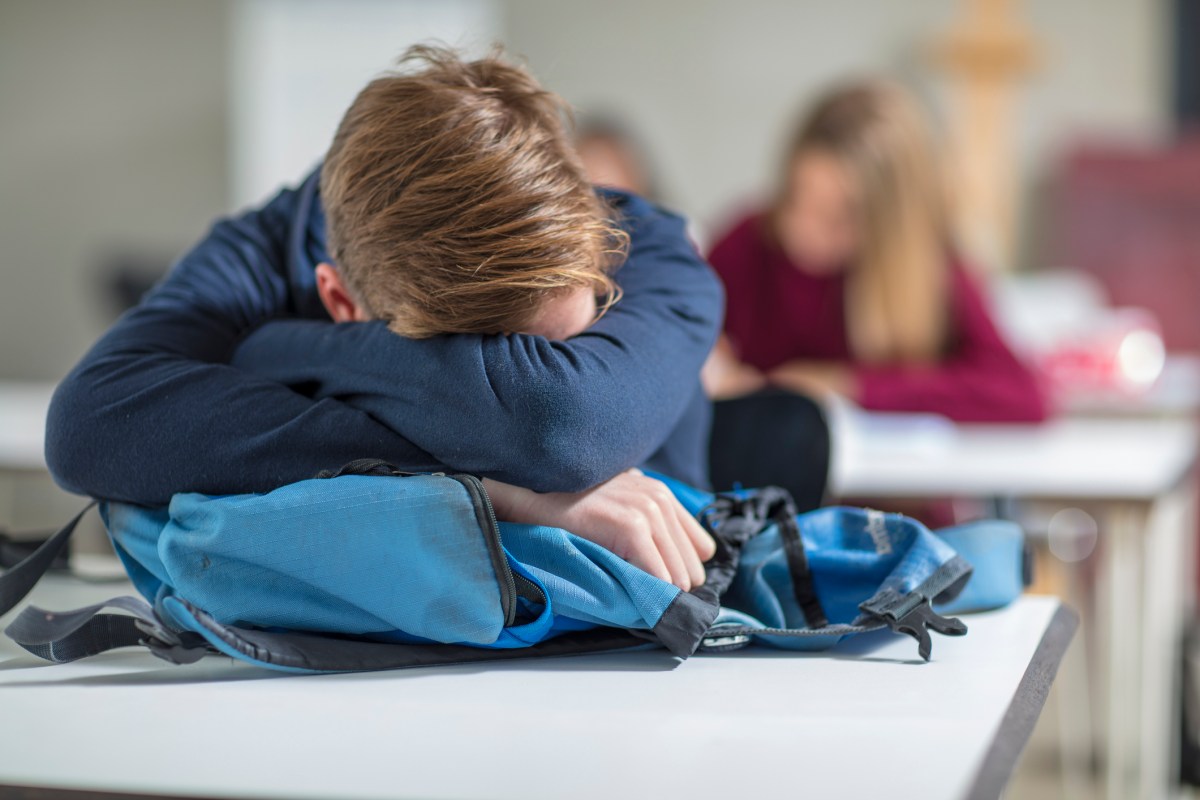After 20 years of speaking to students about sexual assault, Laurie Halse Anderson, the author of Speak, has learned that American teenage boys still don’t know when no means no.
The writer’s own personal story of rape is read in high school and college classrooms across the country, where she then goes to lecture on the subject and, “after every single presentation,” she told Time, she’s approached by a girl who’s been assaulted — and a boy with an experience of his own.
Sometimes, the boy is looking for advice on how to help a friend who’s been attacked. Every so often, it’s the boy who’s a victim, but other times, Anderson wrote, “there are the half-confessions.”
“No boy has ever come out and admitted to me that he raped someone, but a few have said, “I might have pushed things too far,” or “Well, we were drunk,” or “Things got out of hand and… she refused to talk to me after that night,” the author wrote. “They don’t look me in the eye as they say this. They are not proud of themselves. Their confused shame is heart-breaking and infuriating.”
Anderson revealed that in smaller group discussions with kids, the boys often don’t believe that her character in Speak was actually raped because “she drank beer, she danced with her attacker and, therefore, she wanted sex.”
Consent, she sees, is the lesson these boy’s aren’t learning. That it “needs to be informed, enthusiastic, sober, ongoing and freely given.”
“They see his (the rapist in Speak) violence as a reasonable outcome,” Anderson wrote. “Many of them have clearly been in the same situation. They say this openly. They are not ashamed; they are ill-informed. These boys have been raised to believe that a rapist is a bad guy in the bushes with a gun. They aren’t that guy, they figure, so they can’t be rapists.”
Thanks for reading InsideHook. Sign up for our daily newsletter and be in the know.


















